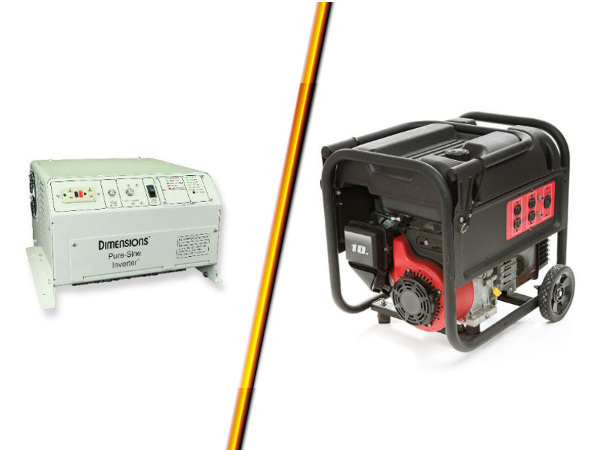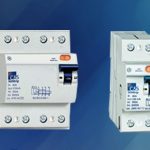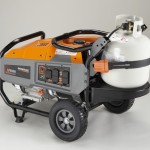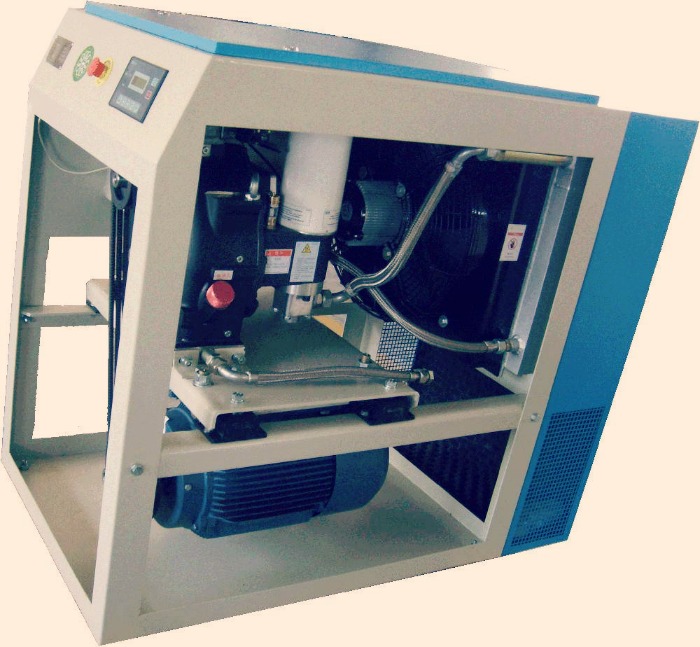
There are two types of alternators – conventional generator and inverter. Many people, because of the similarity in the name, use the two terms almost interchangeably. Because of this, confusion arises among customers in terms of which electrical tools are better and the difference between a generator and inverter. The inverter and the generator are two very important and useful pieces of electrical equipment, but we need to make a distinction between them. The following text will highlight the key aspects which differs one device from the other.
Generators – The conventional generators have been on the market for a while. They use AC power supplies and their basic concept over the years remained unchanged. A generator uses a fossil fuel like diesel, propane or gasoline to power the motor that is attached to the alternator which produces electricity. The motor spins a rotating shaft to produce the AC current. The motor of this industrial electrical equipment must run constantly at the same speed, which is usually around 3600 rpm, in order to produce the amount of electricity that a standard household needs. If the motor’s rpm fluctuates, the frequency of the electrical output will fluctuate as well.
Inverter – The inverter is another useful piece of electrical equipment that draws power from DC source, like car battery or a solar panel. An inverter transforms the DC power into AC power. The transformed DC power can be on any required voltage and frequency. For consumer applications, the most common combination is usually 12V DC power either from car battery or boat and transforming it into 120V AC power which is required for the most everyday uses.
The two electrical power equipment mainly differ in:
Price – The inverter usually costs more when compared with the conventional generator with the same power capacity. This means that the benefits of the inverter like the size,weight, fuel efficiency, lower noise level and so on, do come with higher price tag.
Size, Weight And Portability – Usually the inverters are very small and lightweight pieces of electrical equipment. They come in relatively small sizes and are easy to handle. This feature makes them to be easily transported and stored in the house or in the cars and boats. On the other hand, many traditional generators that can be found on the market are heavier and more bulky when compared to the inverters. They are oversized to satisfy load demands. Additional wheels or a metal frame is required for carrying the conventional generators. While they are technically portable to be moved from one location to another, they aren’t small and lightweight like the inverters.
Continue Reading – PART 2




















